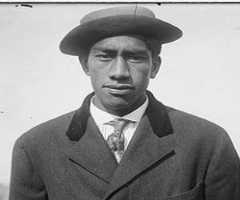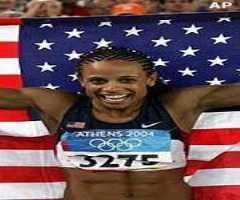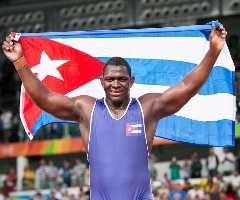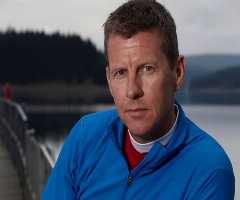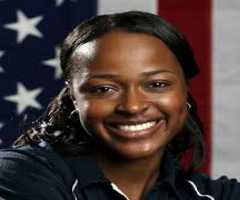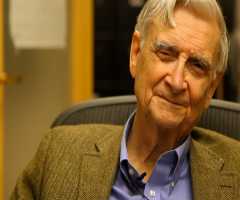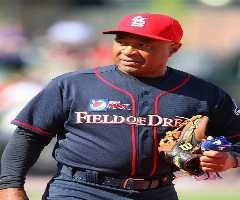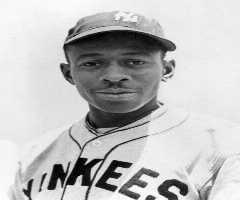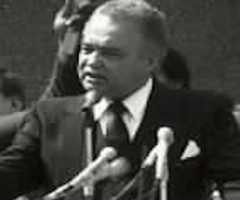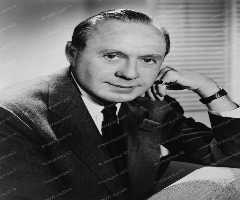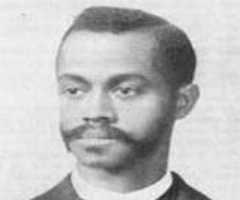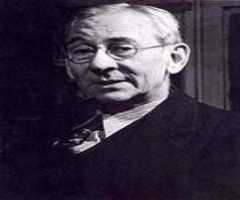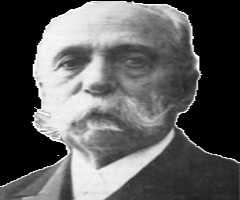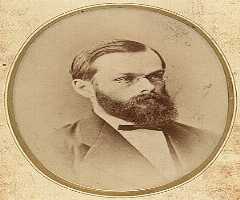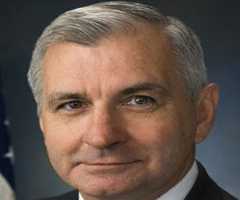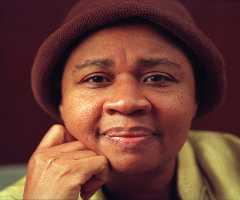Also Known For : Track And Field
Birth Place : Birmingham, Alabama, United States of America
Zodiac Sign : Cancer
Chinese Zodiac : Ox
Birth Element : Metal
Carl Lewis Biography, Life, Interesting Facts
Early Years And Education
Carl Lewis was born on 1st July 1961, to William and Evelyn Lewis. He was born in Alabama, United States, in a town called Birmingham. Carl Lewis was one of four children. His parents were both world-class athletes – his father was also a runner, and his mother was a hurdler. His parents ran a local athletic club, and both Lewis and his sister Carl Lewis became elite athletes through their parents’ efforts.
Carl Lewis studied at Willingboro High School in New Jersey where he lived, and his promise as an athlete was starting to show through when he began competing in the long jump at age 13. He ranked fourth on the all-time World Junior list of long jumpers. A few days after graduating from high school,Carl Lewis broke the high school record for long jump and was ranked fifth in the world. Due to his athletic ability, several colleges tried to recruit Lewis. He finally settled on the University of Houston, and his coach was Tom Tellez. From that time on, Tellez remained Lewis’ coach for the rest of his career.
Career
As well as the long jump, Carl Lewis discovered he also had a major talent for sprinting. Although Carl Lewis qualified for the U.S. Olympic team in 1980, they didn’t go as the games were boycotted. Carl Lewis did, however, compete in the alternate games which were held for the nations taking place in the boycott. He won a bronze medal for long jump, and a gold medal as part of the 4 x 100m relay team. The following year, in 1981, Carl Lewis became the fastest 100-meter sprinter in the world. Carl Lewis continued to improve in 1982 and he finished the year with the top rank in the 100 m sprint and the long jump. He also ranked sixth in the 200 m.
Carl Lewis dominated his sport from the early 1980s through to the middle of the 1990s. From 1981 to 1992, Carl Lewis never moved outside the top three in world rankings. Carl Lewis entered four events at the 1984 Olympic Games, and he won all four. This was an achievement not seen since the same was done by Jesse Owens in the 1936 Olympic Games. Unfortunately for Carl Lewis, the public had a negative perception of him. Due to this, he didn’t receive largeendors Carl Lewis ement deals like he had hoped. Coca-Cola had made him a lucrative deal before the 1984 Olympics, but Carl Lewis turned it down thinking he would be able to get even better deals after the Olympics.
Due to the growing dissent of the public, Coca-Cola withdrew their offer after the Olympics.Carl Lewis was also under contract to Nike at the time, but after the Olympics they, too, dropped the deal they had with him. At the end of 1984, Carl Lewis finished at the top of the 100 m, 200 m, and long jump rankings. It was also the third year running that he was named Athlete of the Year by Track & Field News. Interestingly, Carl Lewis was drafted by both the Chicago Bulls and the Dallas Cowboys in 1984, because he was the best athlete. He never played NFL though.
Although he was still dominant in his events through the mid-1980s, other athletes were starting to come close, and Carl Lewis didn’t win all his races. In 1986, he lost to Canadian, Ben Johnson, who also took the number one ranking at the end of the year. In 1987, Carl Lewis was again beaten by Johnson in the 100 m.In bad grace, Carl Lewis started making excuses as to why he lost. His excuses included Johnson making a false start, and that he (Lewis) had a stomach virus. Finally, he started making accusations about people using drugs in the sport.
Carl Lewis was again beaten by Johnson in the 100 m final at the 1988 Olympic Games. Johnson set a new world record, but sensationally tested positive for steroids. He was stripped of his medal which was then awarded to Lewis. In 1991 at the World Championships,Carl Lewis ran the race of his career. He won the 100 m final in what would be a new world record time. In the long jump,Carl Lewis went head to head with his rival, Mike Powell. Powell eventually won the event, which was the first time in over ten years that Carl Lewis had lost a long jump event. After 1991, Carl Lewis’ performances began to decline. He competed for the next few years, but he retired in 1997.
Drug Accusations
The Director of Drug Control for the U.S. Olympic Committee, Wade Exum, released papers to Sports Illustrated, showing the names of approximately 100 American athletes that had failed drug tests between 1988 and 2000. Exum was in the position from 1991 to 2000. He said the athletes should have been banned from competing at the Olympics, but they weren’t. Exum had previously tried to use the documents to sue the USOC for wrongful dismissal. He accused them of racial discrimination and of covering up failed drug tests. Exum’s case was dismissed by court for lack of evidence.
Carl Lewis name was on the list. Exam claimed Carl Lewis had tested positive three times at the 1988 Olympics. The three stimulants were banned, but Carl Lewis claimed he had taken the substances inadvertently. The USOC accepted Carl Lewis’ claims as he had taken a dietary supplement that contained the ingredient “Ma Huang.” Other athletes had been found to have the same banned substances and were also cleared of fault. The IAAF announced that the USOC had followed the correct procedures, and there was, indeed, no case to answer.
Awards And Honors
Throughout his career, Carl Lewis won 22 gold medals, three silver medals, and three bronze medals. Nine of the gold medals were Olympic medals, and eight were at the World Championships.
Carl Lewis has won many awards along the way, including the following:
1999: Awarded Sportsman of the Century by the International Olympic Committee
2010: Inducted into the New Jersey Hall of Fame
2016: Inducted into the Texas Track and Field Coaches Association Hall of Fame
Personal
Carl Lewis is married to Maria, and they have a son, Bakim.

